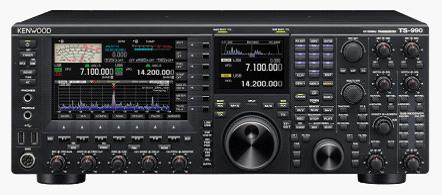Following on from yesterday's tests, today I started a further test using an earth electrode "antenna" on 472kHz WSPR.
This time I used 2 ground rods in the soil separated by 15m of wire (fed directly from the transverter output at 50 ohms) and powered entirely from a battery supply - PC, FT817, transverter, SignaLink interface - so that there was no connection whatsoever to the house mains earth or copper pipes in the house. The power out would have been slightly lower (lower supply voltage) and the baseline 25% shorter.
 |
| 472kHz earth electrode "antenna" system in garden |
So far, results are almost identical to those obtained yesterday when one side of the earth electrode system was connected to the copper pipes in the home on one end.
My best DX WSPR report this evening with 10W RF out from the transverter into the 15m separated electrodes is G0KTN at 210km. ERP is in the low mW region at best. On RX DJ8WX has been copied at 643km.
Although a large Marconi antenna will be far better, this set-up certainly works and gives highly credible results. Considering just how simple this is I hope others experiment with the earth electrode "non antenna" and see how they get on.
UPDATE: Best DX report of my few mW ERP signal with 15m spaced earth electrodes was from DL-SWL at 701km. I am copying lots of signals including SM6DHZ and DK7FC even after breakfast time. Amazing.











